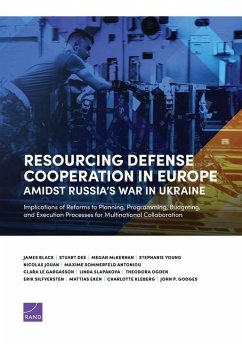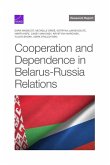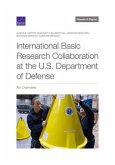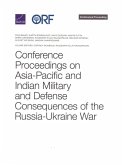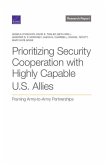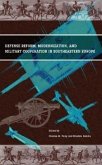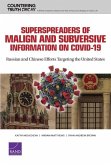"In this report, the authors explore the deepening of European defense cooperation against the backdrop of Russia's war of aggression in Ukraine. Since the full-scale invasion in February 2022, Europe, the United States, and other democratic nations have mobilized large amounts of financial and military aid to support Kyiv. Crucially, as the war has gone on, Ukraine's supporters have recognized the importance of improving the coordination of providing such aid. More generally, defense organizations on both sides of the Atlantic have benefited from increased national defense spending and have sought novel ways to fund and procure new equipment and munitions. To that end, the European Union (EU) and the North Atlantic Treaty Organization (NATO) have introduced plans and measures to increase military and industrial capability, capacity, and readiness--all of which are prerequisites for a more robust collective defense and deterrence posture in Europe. Part of a wider body of RAND research into prospective reforms of the U.S. Department of Defense's (DoD's) planning, programming, budgeting, and execution (PPBE) processes, this report highlights the role that allied PPBE-like mechanisms play in enabling or frustrating collaboration across the EU and NATO amid a deteriorating threat environment. The authors explore case studies of evolving national approaches to defense resourcing in the United Kingdom (UK), France, Germany, and Sweden; examine the implications of major EU and NATO initiatives; and assess progress made toward enabling and incentivizing cooperation through reforms to national or collective PPBE-like processes."--
Bitte wählen Sie Ihr Anliegen aus.
Rechnungen
Retourenschein anfordern
Bestellstatus
Storno

